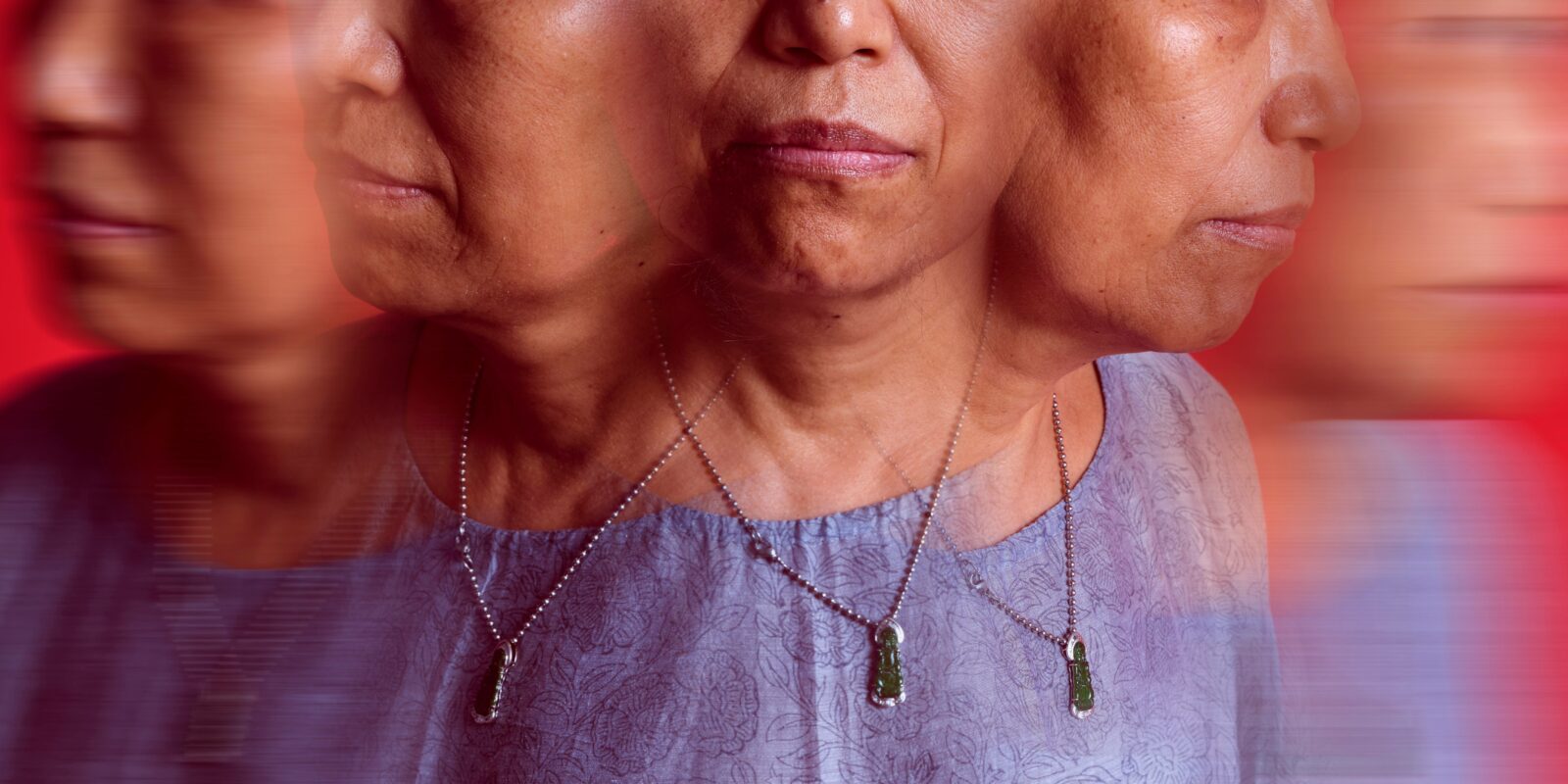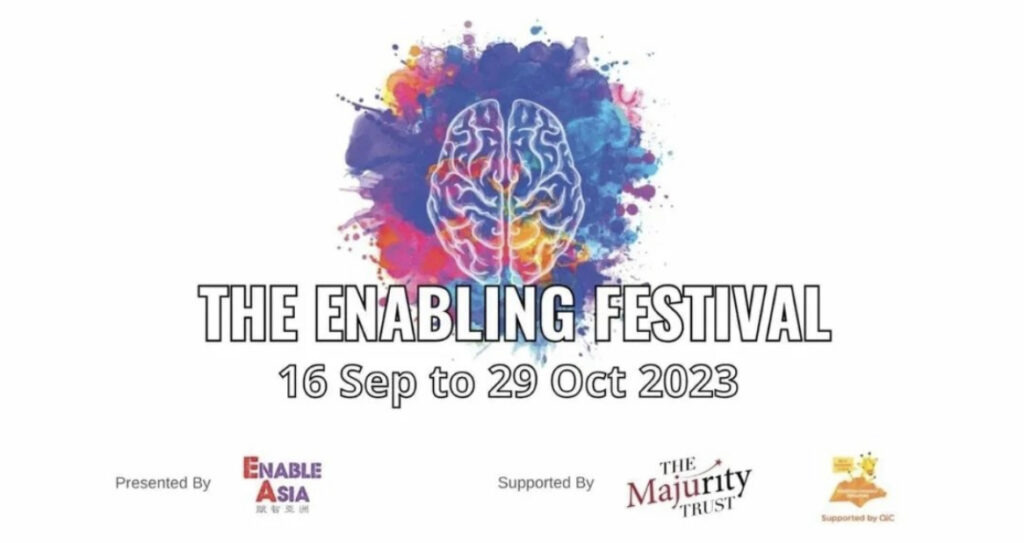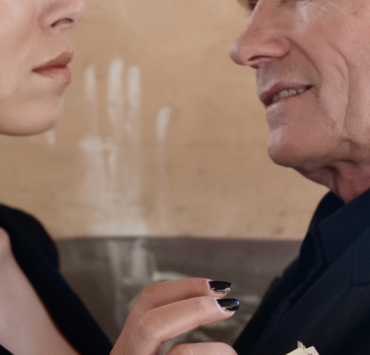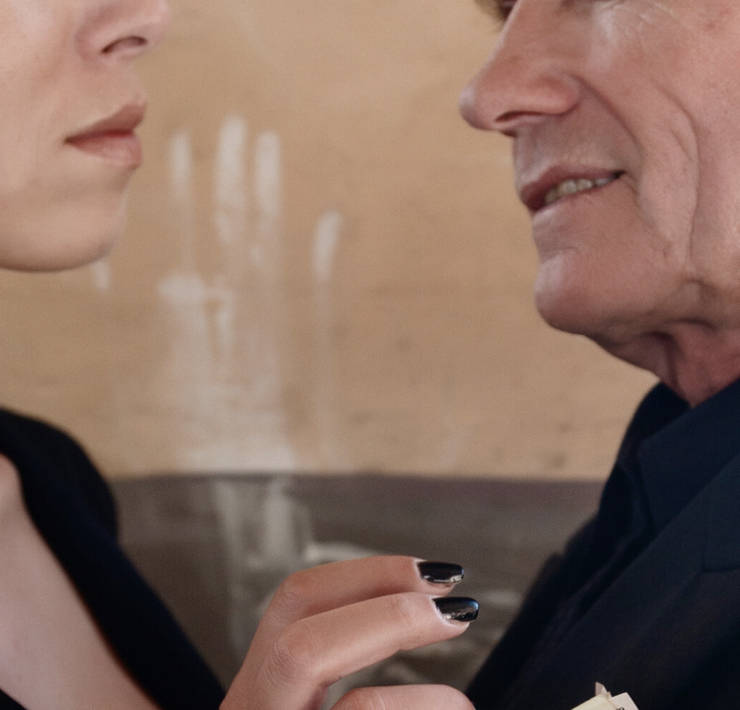When I Turned 17, I Lost My Mum’s Love To Dementia. Now, I Am Her Caregiver.

She Doesn’t Know Who I Am
My mother has dementia. It started with her forgetting what date it was, to what day it was and eventually, to forget who we were. It was devastating because I love my mother so much; how could she forget us just like that? It was heart wrenching to see her eyes shift from looking at me with love to not even knowing who I was anymore. I thought that would be the worst, but I couldn’t be more wrong.
She started to develop more problems, such as urinary incontinence and difficulty walking. At 17, I was thrown into the role of her primary caregiver and left to struggle on my own. I had to quickly learn to do things I never wanted or felt comfortable doing. From ensuring and cooking healthy meals, walking alongside her wherever she went, to cleaning up her urine from the floor and bedsheets.
I Struggled To Step Up As A Teen
The biggest challenge I faced in the caregiving journey was with myself. I realised that I struggled to be patient and calm with her. I would often get frustrated when she wouldn’t listen to me. For example, showering daily is the norm, but these norms no longer apply to her. If I told her she had to shower, she would either insist that she had already showered or simply not want to shower. Sometimes my anger slipped out, but I made it a point to never purposefully use it against her.
Unfortunately, keeping all this anger in me also resulted in some emotional and mental concerns. My frustration started leaking into different parts of my life, such as school performance and interaction with friends. It sucked because I never had issues with my performance or friendships, so I felt stuck in between.

My Mother Is Not Her Illness
Thankfully, I had some help. In 2022, I felt that I couldn’t carry on for long anymore, so I sought help from my school. My school counsellors and teachers heard about what I was going through, and they all attended a caregiving course to give me better advice and understand my situation. I was so touched. When I turned up for counselling, I shared my feelings of being irritated, frustrated and helpless whenever my mother was behaving a certain way.
My counsellor shared that when caring for persons with dementia, it is sometimes hard for us to differentiate between the person and the disease. He explained that I was probably feeling frustrated at what the disease was doing to my mother rather than my mother herself. I realised he was right. Of course, I wasn’t angry at my mother, it was not like she chose to get dementia.
I Was Angry At How Much The Disease Took Away From Her
This distinction between the disease and the person allowed me to better understand my situation and look at it differently. I became more relaxed and patient with my mother because I realised these undesirable behaviours were out of her control. Being more sure of my mother’s identity also pushed me to understand my identity. I realised that I had dedicated too much of my life to being a caregiver for my mom that I was neglecting other parts of my life – being a brother, a student and attending to the different interests in my life.
I’m so thankful that these professionals were able to support me in changing my perspective and hence, changing the way I give care to my mother as well. We started to look for professional help for my mother so that she could receive the care she needed and I could have time for other aspects of my life.
“So Useless, Why Never Do This? Why Never Do That?”
Despite how much smoother things are now, it didn’t come without challenges. I didn’t realise that the biggest critics would be the ones who don’t even have an ounce of caregiving experience. When dementia first found its way into our family, I was only 17. I was focused on my A levels, so the time I had to dedicate to my mother was limited. Instead of supporting me, other family members and friends often criticise me and scold me for “not doing enough”.
At 17, I had to take care of the house chores, the finances, doctor appointments and my education. Meanwhile, these critics did not lend a helping hand or offer even a dollar to alleviate my family’s situation. All they knew to do was gossip about us.
Eventually, things have reached a point where it is generally stable, and we’ve grown accustomed to it all. We managed to hire help to support my mother in her day-to-day needs so that I could still live my life and carry out other duties for the family.
It’ll Get Better, I Promise
If you’re going through something similar, please know you are not alone. Amidst all the noise (physically and mentally), just know that others are also going through the same thing. Reach out. Reach out to whoever you can and whatever you can. Seeking help does not indicate weakness but resilience in wanting things to improve. Caregiving has a steep learning curve, and it can be easy to lose yourself in caring for someone else, but please remember to live your own life too. You can’t care for someone if you haven’t stopped to care for yourself. Good luck, and things will get better.

Have you ever had to unexpectedly take on the role of a caregiver? How has it affected your path in life?










